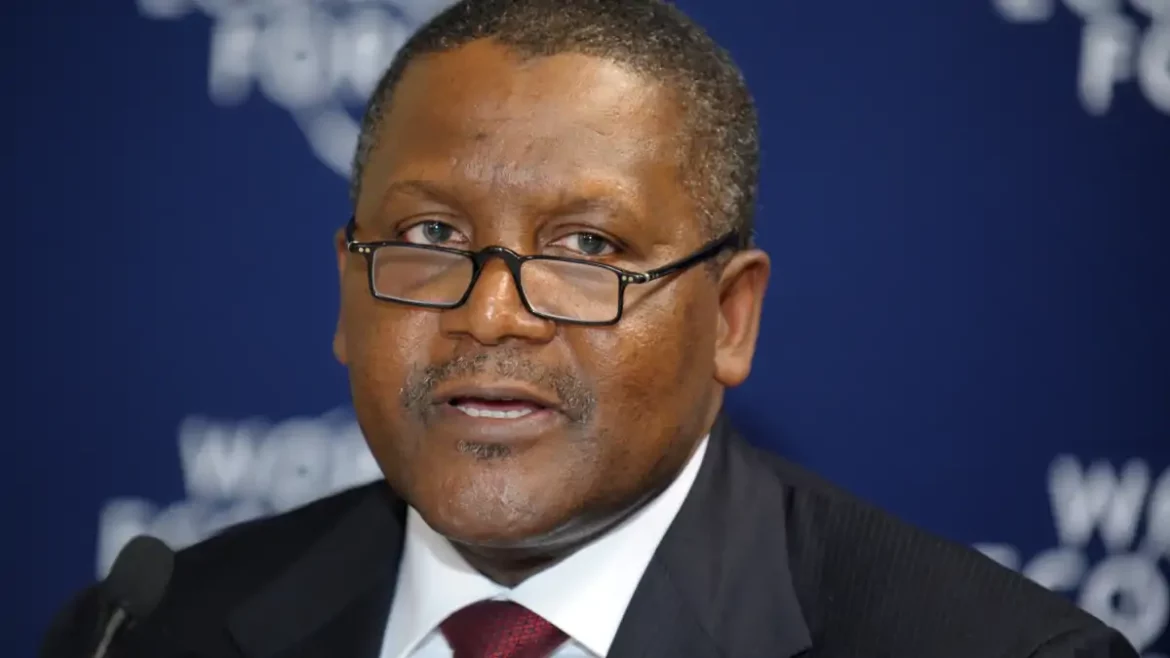The recent surge in cement prices in Nigeria has sparked outrage among federal legislators, who have summoned some of the industry’s leading tycoons to account for this steep increase. Among those summoned are iconic figures such as Africa’s richest businessman, Aliko Dangote, and prominent entrepreneur Rabiu Abdulsamad.
The House of Representatives has decided to extend a fresh invitation to the country’s major cement manufacturers in response to the recent spike in raw material prices in the market. This move comes amidst skyrocketing cement prices, raising concerns about its impact on the construction and real estate sectors, as well as the cost of living for citizens.
During a session presided over by Chairman Abbas Tajudeen, legislators vigorously debated the issue, raising concerns about the arbitrary price hikes by cement manufacturers. Mr. Gaza Gbefwi, representing the federal constituency of Karu/Keffi/Kokona, Nasarawa State, denounced an increase of up to 50%, leading to inflation in construction costs and implications for rents nationwide.
A pivotal question raised during the debate is the source of raw materials used in cement production. It is emphasized that these resources, such as lime, silica, and alumina, all come from local sources and are therefore not subject to currency fluctuations. Despite this, cement prices continue to rise regularly, fueling suspicions that manufacturers are profiting from currency volatility to justify these increases.
Representative Yusuf Gagdi, from the federal constituency of Kanke/Pankshin/Kanam, Plateau State, highlighted the significance of Nigeria’s cement market for neighboring countries, insisting on the need to protect the interests of citizens against these unjustified increases. He called for decisive action to end this situation, which burdens ordinary consumers heavily.
In a bid to explore solutions, some legislators proposed encouraging massive cement imports to exert pressure on prices. They argued that this approach has proven successful in the past, recalling a period when cement prices were more stable and affordable due to imports.
However, not all legislators favor this approach. Some, like Sada Soli and Babajimi Benson, urge caution, pointing out that various factors influence price determination. Soli, in particular, highlighted that Nigeria has become a net exporter of cement to other African countries, giving manufacturers a competitive edge in the international market.
The debate also shed light on concerns about the economic impact of overly stringent intervention in the cement sector. Some legislators expressed support for manufacturers, emphasizing their contribution to the national economy and warning against measures that could jeopardize their investments.


Leave a Reply